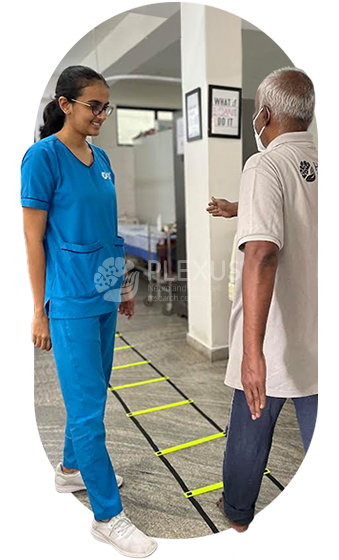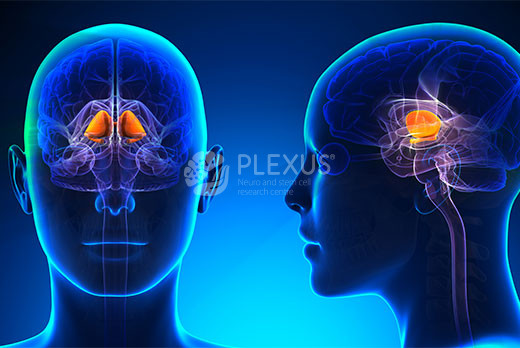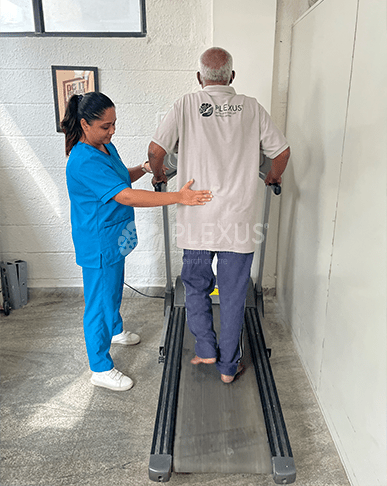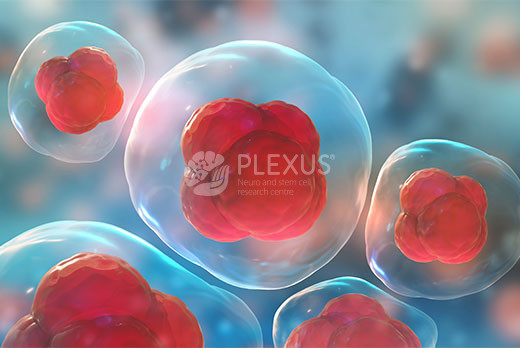- About Us
- Cell Therapy
- Neurology
- Disorders
- Services
- All Therapies
- Regenerative Rehabilitation
- Rehabilitation for Stroke
- Rehabilitation for Spinocerebellar Ataxia
- Parkinson’s Disease Rehabilitation
- Multiple Sclerosis Rehabilitation
- Rehabilitation for Spinal Cord Injury
- Rehabilitation for Motor Neuron Disease
- Rehabilitation for Cerebral Palsy
- Brachial Plexus Injury rehabilitation
- Rehabilitation for Global Developmental Delay
- Childhood Disorders Clinic
- Outpatient Services
- Ask a question
- Request an appointment
- About Us
- Cell Therapy
- Neurology
- Disorders
- Services
- All Therapies
- Regenerative Rehabilitation
- Rehabilitation for Stroke
- Rehabilitation for Spinocerebellar Ataxia
- Parkinson’s Disease Rehabilitation
- Multiple Sclerosis Rehabilitation
- Rehabilitation for Spinal Cord Injury
- Rehabilitation for Motor Neuron Disease
- Rehabilitation for Cerebral Palsy
- Brachial Plexus Injury rehabilitation
- Rehabilitation for Global Developmental Delay
- Childhood Disorders Clinic
- Outpatient Services
- Ask a question
- Request an appointment
A detailed guide to Parkinson’s Disease
Parkinson’s Disease is one of the most common neurodegenerative conditions in the world. According to Parkinson’s Foundation, more than 10 million people worldwide are living with the disease.
For people affected by Parkinson’s Disease, getting a thorough consultation and proper treatment from a world-class neuro and research center like Plexus in Hyderabad and Bangalore is the best option. Our treatments can keep the symptoms under control and significantly improve quality of life. But before you take a step towards your Parkinson’s Disease treatment, read through our guide to learn about the essential facts about Parkinson’s Disease.


Decoding Parkinson’s Disease
Parkinson’s Disease is caused by the death of nerve cells in a part of the brain called Substantia Nigra, leading to reduced production of the hormone dopamine. Dopamine is essential for the Basal Ganglia to work, which is the part of the brain that controls movement. When dopamine levels go down, it leads to tremors and stiff muscles that are characteristic of Parkinson’s patients.
Symptoms of Parkinson’s Disease

Causes of Parkinson’s Disease
The cause of Parkinson’s Disease is unknown. However, several factors play a role according to leading scientists, including:
- Genes: Researchers have identified specific genetic mutations that can cause Parkinson’s Disease. But these are uncommon except in rare cases with many family members affected by Parkinson’s Disease.
- Environmental triggers: Exposure to certain toxins or environmental factors may increase the risk of later Parkinson’s Disease, but the risk is relatively small.
- Age: Young adults rarely experience Parkinson’s Disease. It ordinarily begins in middle or late life, and the risk increases with age. People usually develop the disease around age 60 or older.
Treatments for Parkinson’s Disease

Cell Therapy
Cell Therapy is proving to be the best treatment option for patients with Parkinson’s Disease due to its success in providing relief without any surgery or side effects of drugs. This form of regenerative medicine uses autologous mesenchymal cells from the patient’s bone marrow to repair the damaged cells within their body. These cells are then transplanted into the patient’s central nervous system, where they replicate the properties of the degenerated cells of the substantia nigra. As a result, the Parkinson’s symptoms gradually go away with time.
Regenerative Rehabilitation Program
Physiotherapy
01 Physiotherapy
Parkinson’s Disease Physiotherapy treatment helps patients improve their mobility by reducing stiffness in muscles and improving posture, balance, and gait. Physiotherapy for Parkinson's Disease includes training related to strength, endurance, and flexibility, as well as gait and balance training.
Occupational Therapy
02 Occupational Therapy
Occupational Therapy treatment plans for Parkinson's Disease help patients perform their daily activities such as eating, bathing, and cleaning as independently as possible. Occupational Therapists work closely with individuals to help them conserve their energy during various activities at home, work, and community. Their ultimate aim is to ensure maximum independence among patients and help them improve their quality of lives.
Speech Therapy
03 Speech Therapy
Along with movement, Parkinson's Disease affects muscles in the face, mouth, and throat — causing problems with speech and swallowing. Speech Therapists trained in various forms of verbal and non-verbal communication, help strengthen oral musculature, enhance ease and clarity of communication, and improve eating, chewing, and drinking.
Our treatment program at Plexus
Plexus has a long history of treating and rehabilitating patients with Parkinson’s Disease. Under the guided supervision of Dr Na’eem Sadiq, we provide the most advanced Cell Therapy for treating Parkinson’s Disease. Our team of specialists administers autologous mesenchymal cells that are extracted from your bone marrow.
We provide a customized rehabilitation program to maximize your functioning abilities and maintain your quality of life with Physiotherapy, Occupational Therapy, and Speech Therapy.
The goals of our treatment vary for each individual, but in most cases, focus on the following aspects:
What our patients say

Anand Pathak (name changed)
“I went to Plexus for my mother’s treatment, as she was suffering from Parkinsonism for the last couple of years. Some of her prominent symptoms included body imbalance, hand stiffness, falling down while walking, and slurred speech.
Being in Bangalore for many years, I took her to multiple hospitals but never got a positive response from any doctor. The common answer that I got was that there is no cure for her condition and it will only deteriorate with time. At some point, she will be completely bed ridden. It was extremely depressing for us as a family to hear this response.
Then we found Dr Na’eem Sadiq at Plexus Neuro and Cell Research Center and things completely changed. At first, we were skeptical as we had already tried too many doctors and the response was always negative. But seeing my mother’s condition, we eventually decided to go ahead and give it a try. Dr Na’eem suggested that we go ahead with a one-month program with four shots of Cell Treatment along with Occupational Therapy and Physiotherapy on a daily basis. After a month of treatment, my mother started feeling a lot better and has regained her confidence in performing daily tasks. This is extremely satisfying for us.
I further want to share that during our visits to Plexus, we saw many patients in critical conditions coming in wheelchairs and walking on their way out while leaving the place.
I want to thank the entire team of Plexus for their professionalism and dedication towards their work. I would highly recommend Plexus to anyone suffering from any neurological disorder. When there is no hope, there is Plexus.
”

Mark Gomes (name changed)
“I came to Plexus with a glimmer of hope for my wife Gloretta who is suffering from Parkinson's Disorder. Our experience at the center was heart-rending. Dr Na'eem meticulously explained the procedure of the treatment and the staff conducted it in a smooth and systematic manner. The entire staff at Plexus including the receptionists, nurses, and therapists, are extremely polite and cooperative. Now my wife is able to do a lot of things such as cooking, bathing, grooming, and other tasks related to her personal needs. She was able to do all of these tasks for more than two years. We are content and happy with the treatment and would recommend everyone with neurological disorders. Kudos to Dr Na’eem and the staff of Plexus. May God continue to shower his blessings upon them for the great job they have been doing.”
FAQs answered
No, Physiotherapy helps in relieving symptoms and does not cure Parkinson’s. Cell Therapy from a renowned neurological center, along with medications and specific exercises prove to be beneficial.











